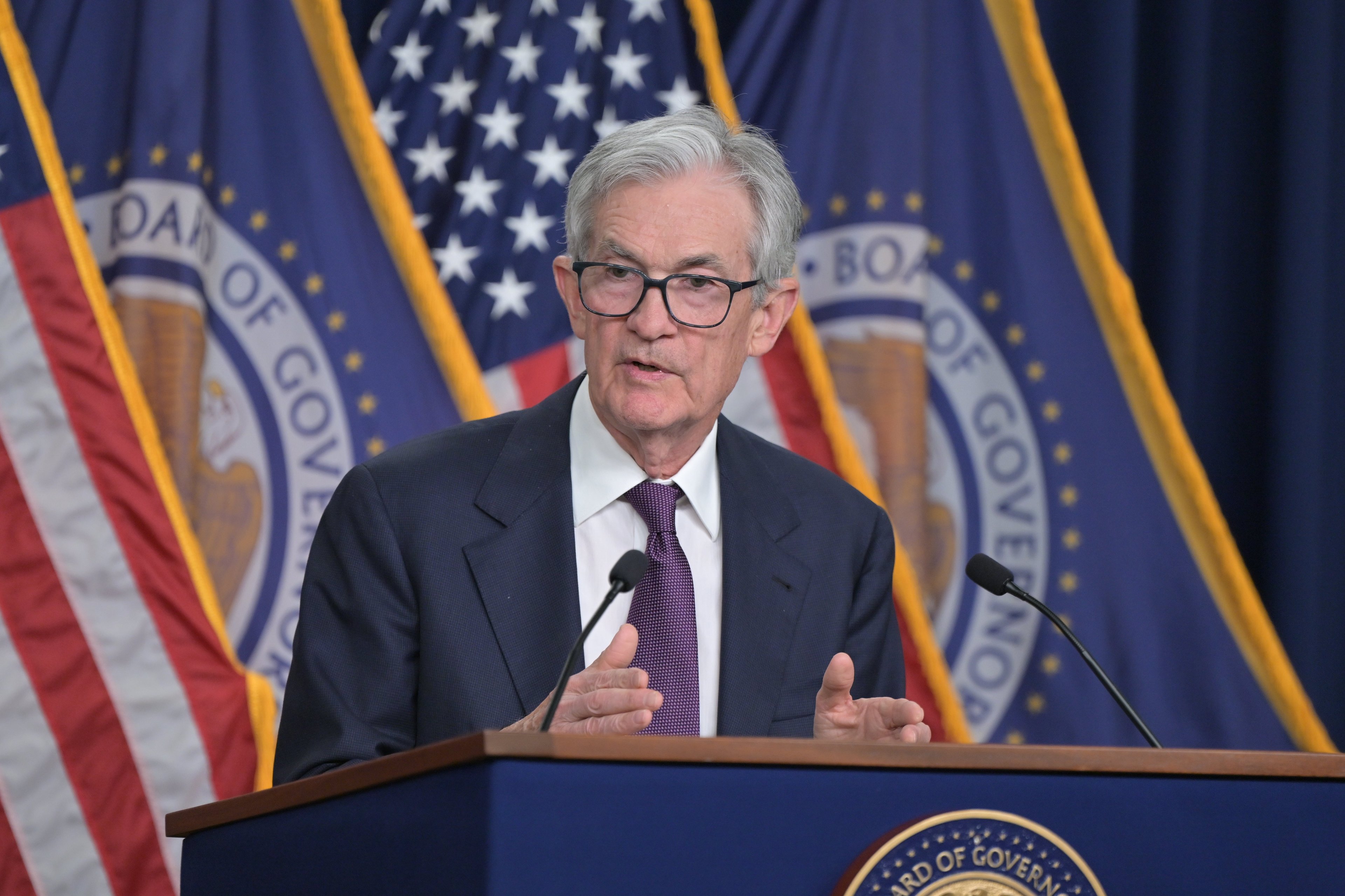
Today, the Commerce Department announced that the U.S. economy contracted in the first quarter of 2014, the first time in three years that GDP has fallen. Bad news, right? Not in the eyes of Wall Street, which responded to the data by sending all three major U.S. indices higher. The S&P 500 Index (^GSPC 0.01%) even finished at an all-time record high Thursday, as investors wrote off the slump as a purely weather-related phenomenon. Whatever the rationale behind the stock market's advance was, investors in Michael Kors (KORS 3.54%), Frontier Communications (FTR +0.00%), and Boston Scientific (BSX +0.12%) weren't buying it, as each stock finished in the dregs of the 500-stock index today. The S&P, for its part, tacked on 10 points, or 0.5%, to end at 1,920 on Thursday.
Michael Kors -- a stock that's been a blowout performer in recent years as the luxury brand has gained market share and expanded internationally -- dropped 4.9% on Thursday as investors expressed their disapproval with falling margins. Well, the company's margins haven't actually declined meaningfully just yet, but Michael Kors warned the public yesterday that expansion efforts in Europe would likely cut into its juicy margins in the near-term future. Unless the brand continues to gain significant pricing power against competitors, margin contraction could turn out to be a long-term phenomenon, as well, if international growth remains a priority.
Shares of Connecticut-based Frontier Communications, which offers cable, Internet, voice, and data services to nearly 3 million residential customers, shed 2.4% on Thursday. Although there was no significant company-specific news to speak of today, Netflix CEO Reed Hastings had some things to say about Frontier's industry. He spoke strongly in favor of net neutrality, which is the concept of Internet service providers, or ISPs, treating all Internet traffic equally. Of course, if ISPs had their way, content creators like Netflix would be charged extra for taking up a disproportionate amount of their traffic capacity.

Source: Boston Scientific
Finally, shares of Boston Scientific slumped 1.2% on Thursday, enough to qualify the stock as a standout laggard in today's mostly bullish market. The medical-device maker doesn't boast a particularly attractive long-term revenue trend, as sales have fallen each year since 2009. Setting that slightly troubling trend aside, baby boomers aren't getting any younger, and the medical devices industry should benefit from an aging U.S. population in the coming years. Boston Scientific also bought Bayer's interventional division for $415 million earlier this month, a move that should bring operational synergies to the company.








